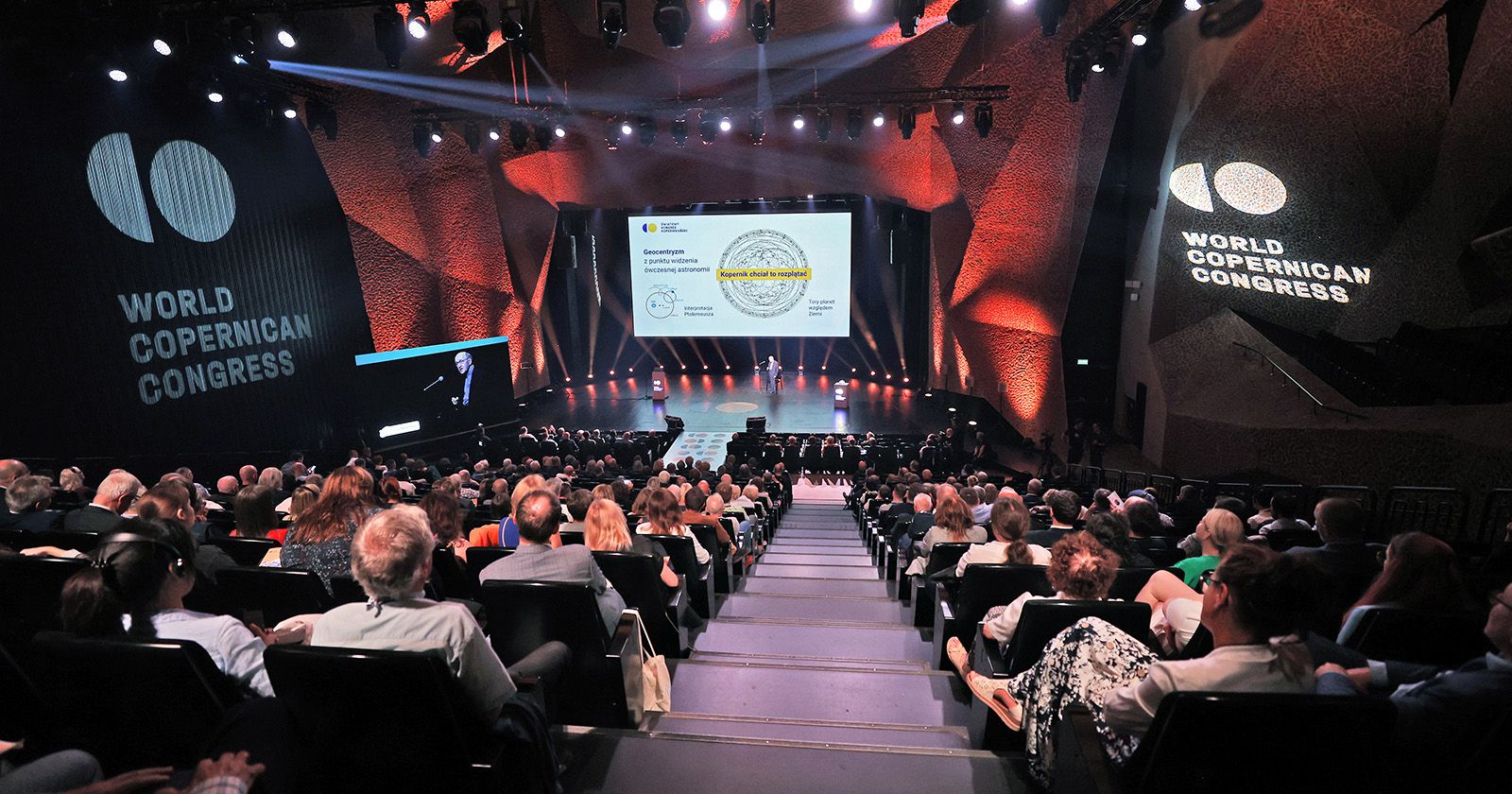 Campus life
Campus life
A congress with a future
– We are in for days filled with Copernicus and its heritage, as well as inspiring meetings and discussions,' said Prof. dr habil. Andrzej Sokala, NCU Rector, during the official inauguration of the Toruń part of the World Copernican Congress held on 12 September. On that day, a letter of intent to create an International Centre for Copernican Studies was also signed.
The World Copernican Congress is organised to mark the 550th anniversary of Nicolaus Copernicus' birth by three universities: the Nicolaus Copernicus University in Toruń, Jagiellonian University and the University of Warmia and Mazury, as well as the Institute of the History of Science of the Polish Academy of Sciences. After the Toruń inauguration, which took place on Nicolaus Copernicus' birthday, the Congress moved to Kraków, where economists, philosophers and researchers in the history of these disciplines met. In June in Olsztyn, the biography of the famous astronomer was discussed: his life, education and social activities in Warmia, as well as the historical monuments directly associated with the figure of Nicolaus Copernicus.
– The World Copernican Congress has come full circle, returning to the place where it began on 19 February. Our congress planet orbited for 210 days around the star of Nicolaus Copernicus, his life, work and times,' said Professor Andrzej Sokala, NCU Rector at the opening of the proceedings in Toruń. He also outlined the rich programme of the Toruń edition of the WCC.
Its scientific core consists of six thematic sections: history of astronomy, history of medicine, cultural studies, medicine, youth and teachers. These will be accompanied by numerous events: exhibitions, concerts, debates and conventions and meetings.
As it turns out, the cooperation established during the preparation of the Congress will continue. On 12 September, a letter of intent to establish an International Copernican Research Centre was signed. It was signed by the Rectors of the three universities organising the WCC: Prof. dr hab. Andrzej Sokala, Rector of the Nicolaus Copernicus University in Toruń, Prof. dr hab. Jacek Popiel, Rector of the Jagiellonian University in Kraków, and Prof. dr hab. Jerzy Przyborowski, Rector of the University of Warmia and Mazury in Olsztyn.
The Centre will serve to further the development of Copernican research and to deepen and broaden the contacts, including international contacts, that have been established through the Congress.
The life, work and reception of Nicolaus Copernicus' achievements continue to inspire researchers, which is reflected in the extensive programme of events organised in Kraków, Olsztyn and Toruń as part of the celebrations of the 550th anniversary of the great astronomer's birth, reads the letter of intent. – The work and discussions to date show that Copernican research has not been exhausted and that the astronomer and his achievements continue to enliven the minds of researchers from all over the world.
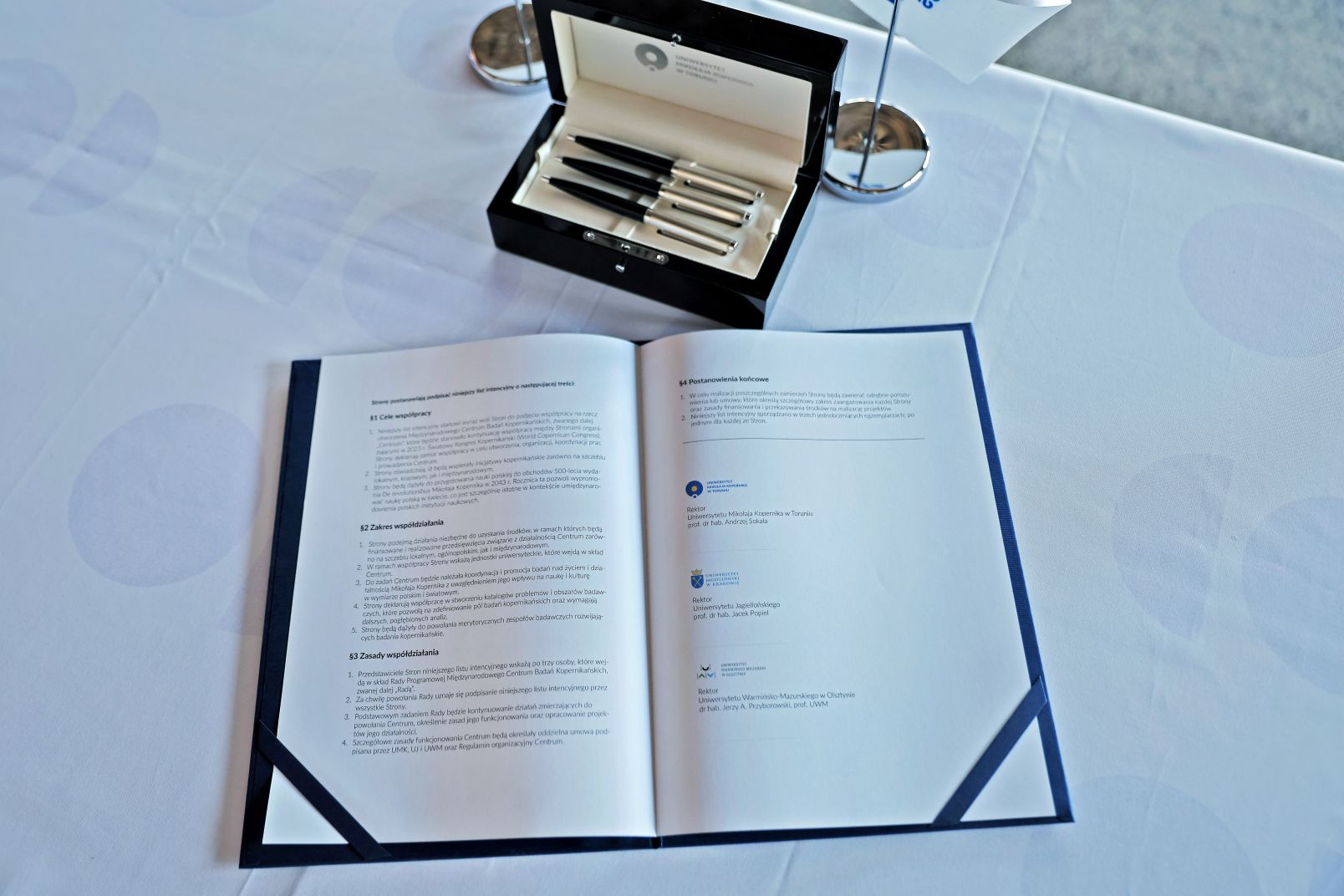
– I am very pleased that something tangible remains after the Congress,' said Professor Jerzy Przyborowski, Rector of the University of Warmia and Mazury. – The agreement we are signing today promises the creation of something that will live and promote the ideas and values that are important to us.
Professor Jacek Popiel, Rector of the Jagiellonian University, stressed the value of cooperation between the universities to celebrate the round anniversary of Nicolaus Copernicus' birth. – Breaking the pattern of independent work in favour of cooperation often brings very good results, he noted. – The success of the World Copernican Congress, which only made sense with the involvement of our three universities and the Polish Academy of Sciences, shows that today's scientific research and its popularisation should take place as a joint initiative,' added Prof Popiel.
The opening ceremony of the Toruń part of the World Copernican Congress, held at the Jordanki Cultural and Congress Centre, was attended by distinguished guests from the region, Poland and the world. The main highlight of the event was the plenary session, during which Prof. Michał Heller delivered a lecture on 'Copernicus as a Relativist' and Prof. Andrzej Udalski talked about 'Polish Astronomy in recent decades'. At the end, the Ars Cantus ensemble under the artistic direction of Tomasz Dobrzański took the guests on a journey through music.
More information: https://kopernik550.umk.pl/
Facebook: https://www.facebook.com/SwiatowyKongresKopernikanski
LinkedIn: https://www.linkedin.com/company/swiatowy-kongres-kopernikanski-world-copernican-congress
YouTube: https://www.youtube.com/@swiatowykongreskopernikanski
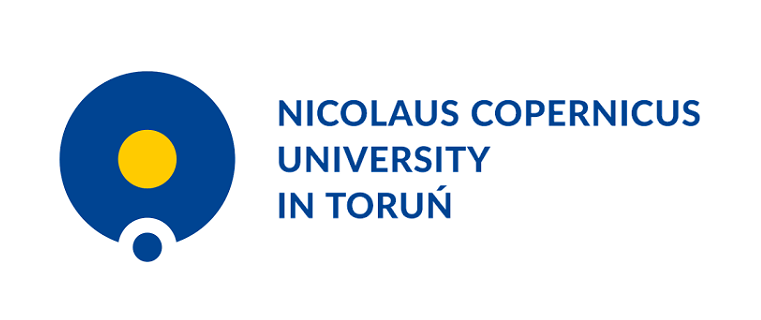 NCU News
NCU News






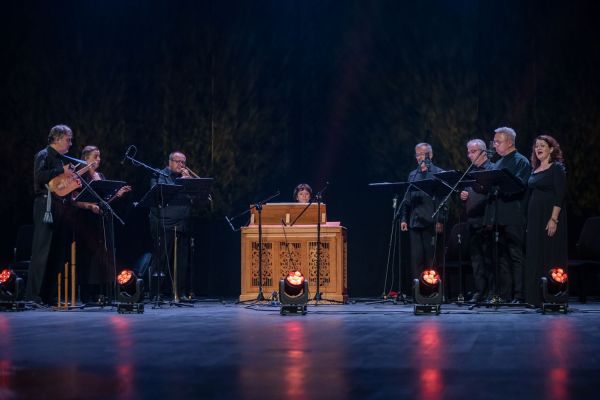
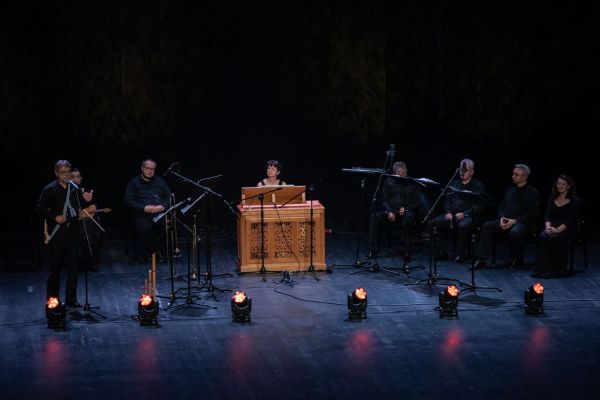

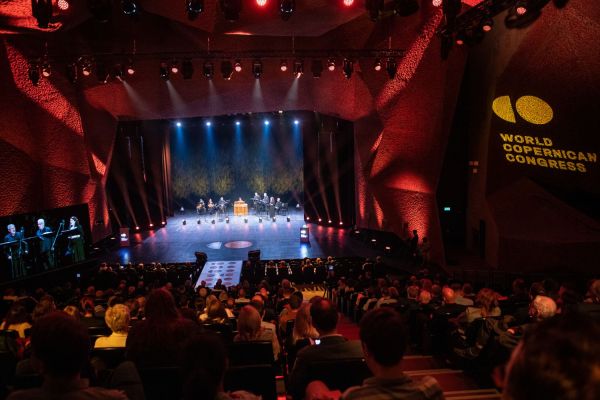

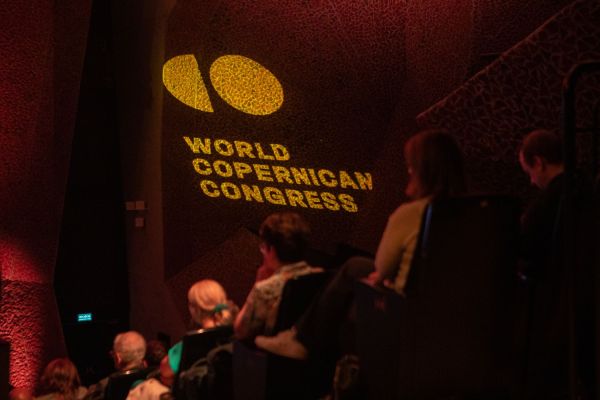

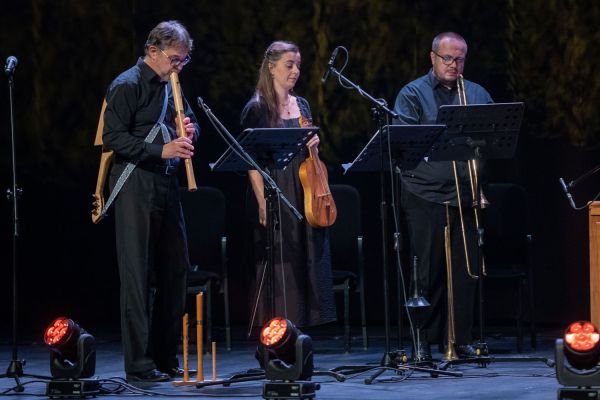
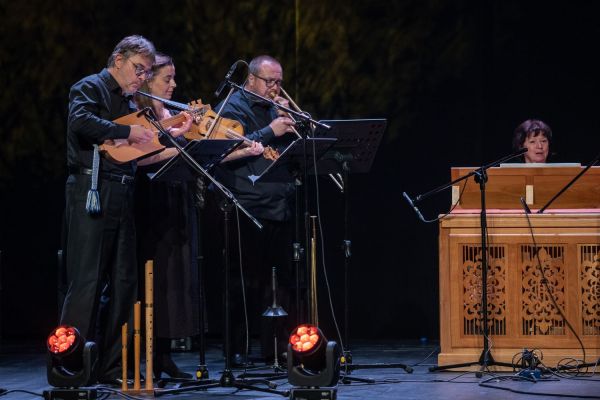
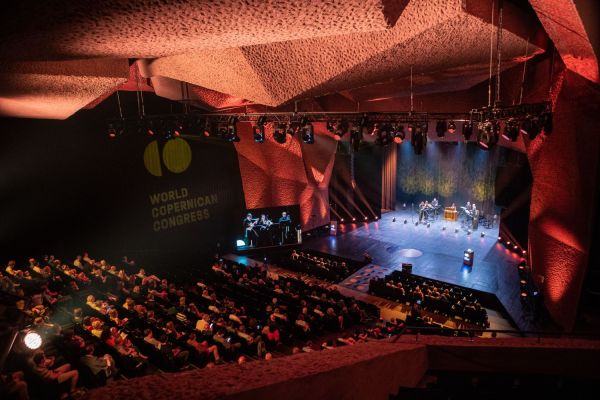
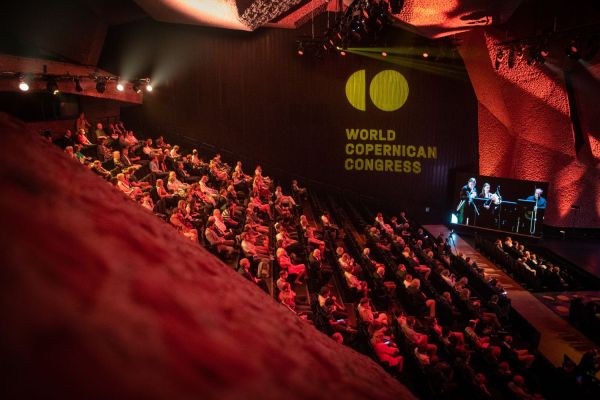


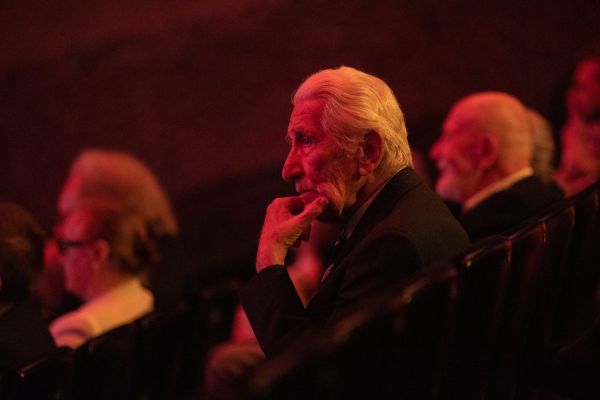
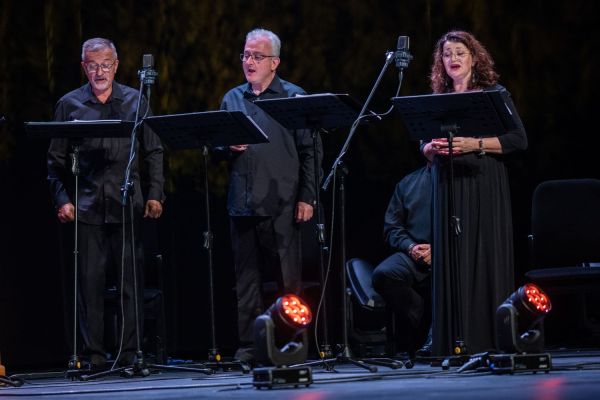
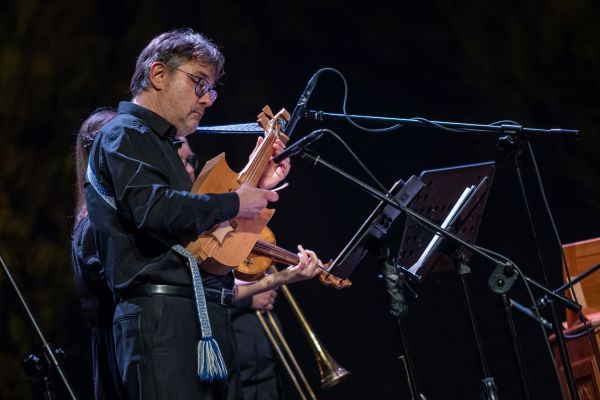
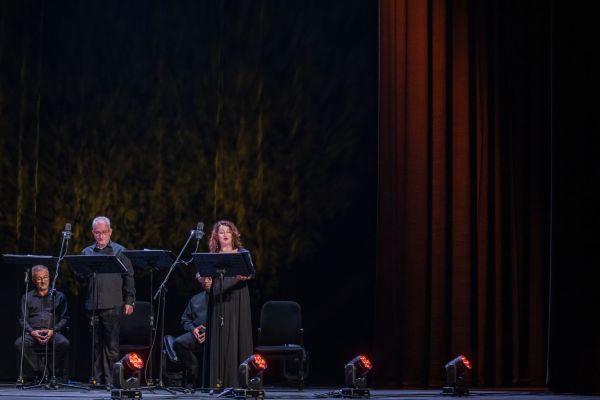

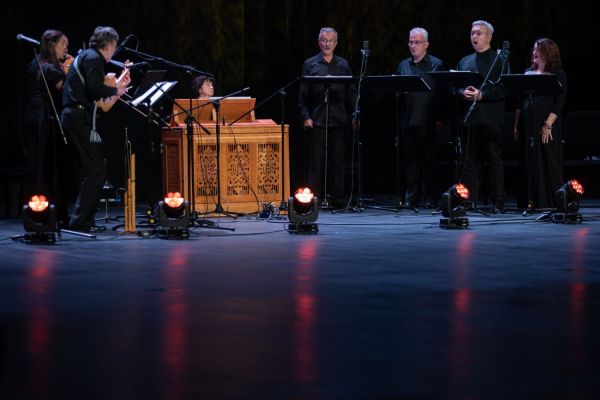

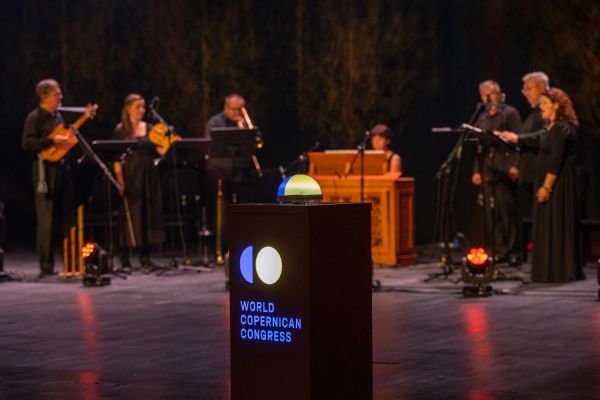

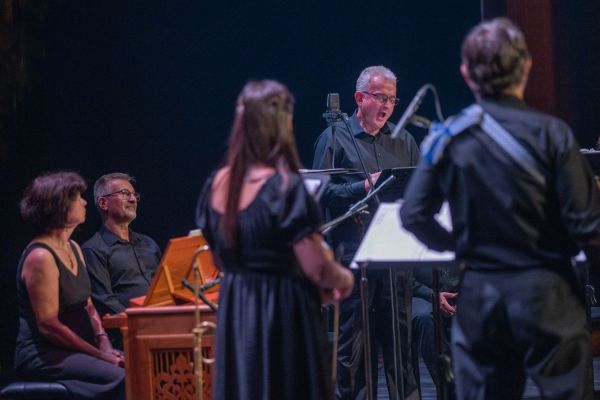

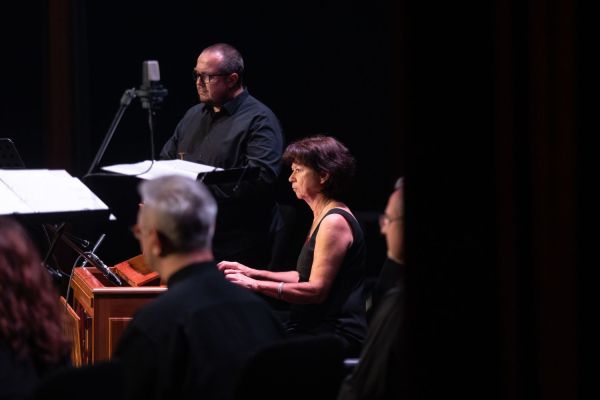
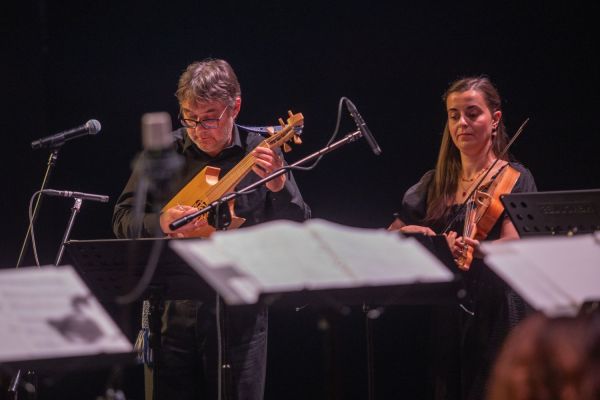
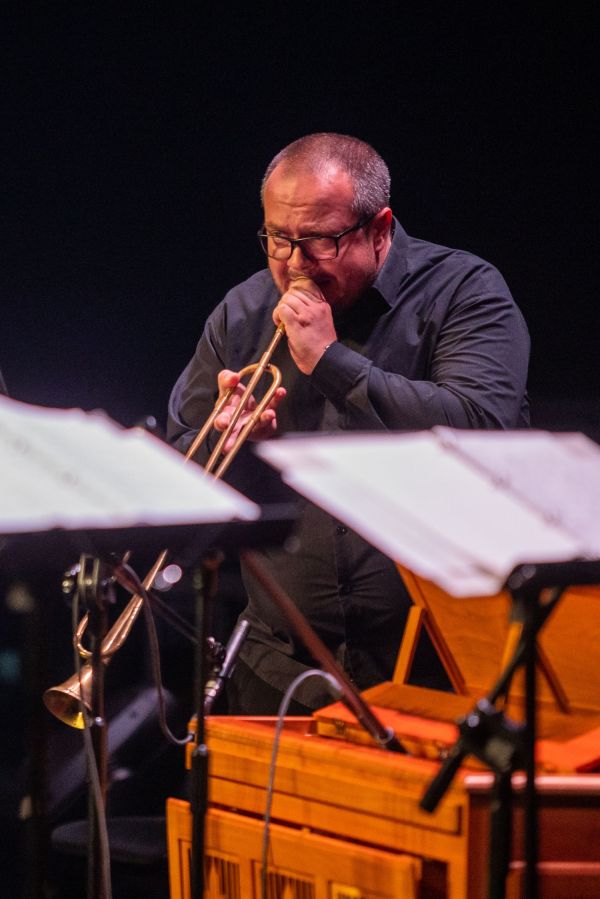

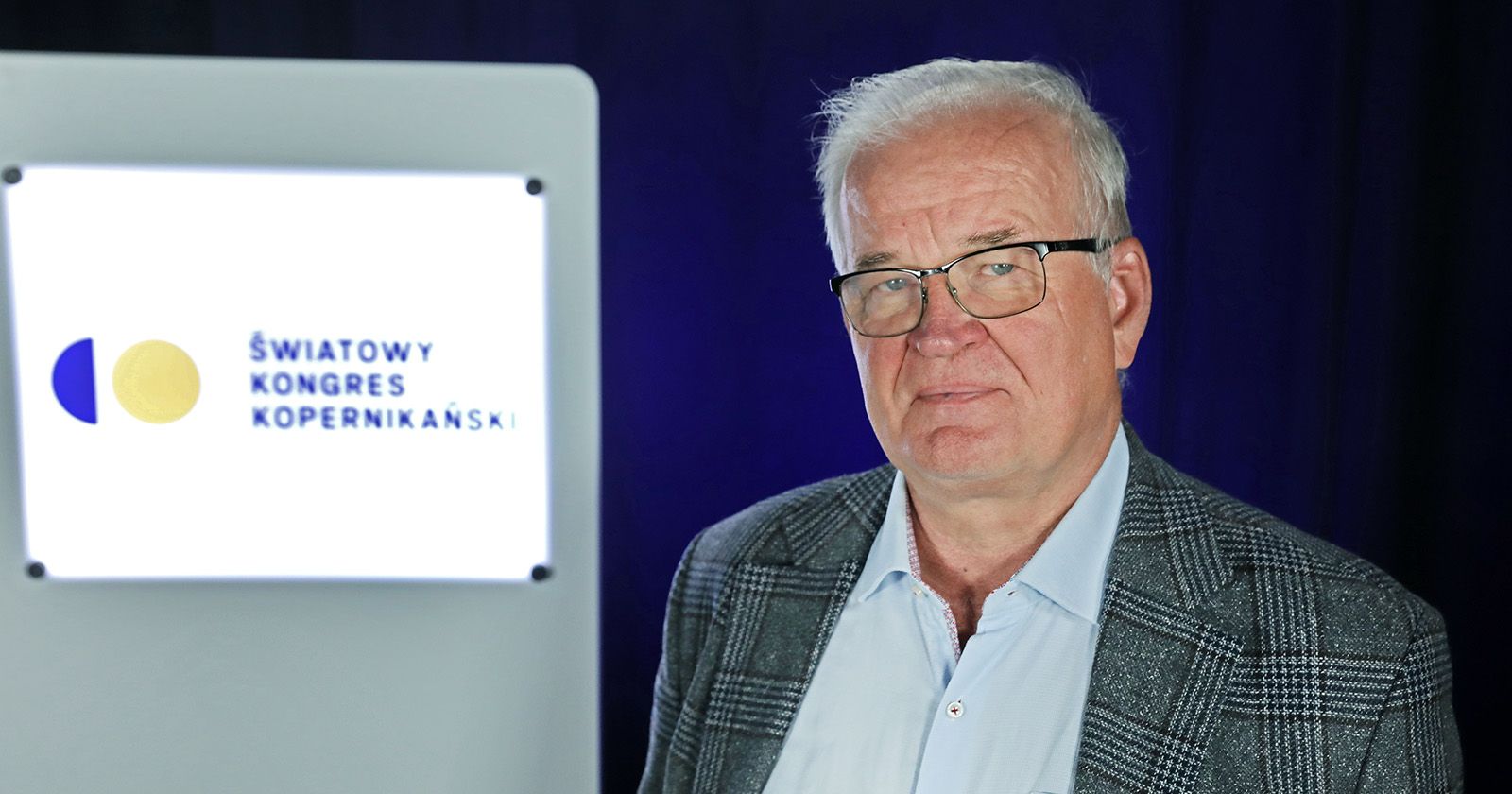 Campus life
Campus life
